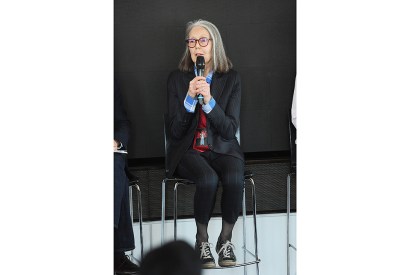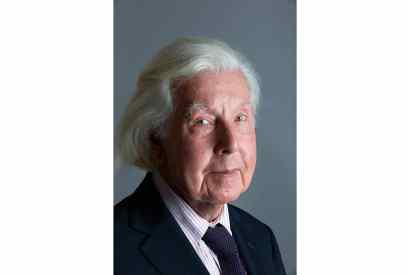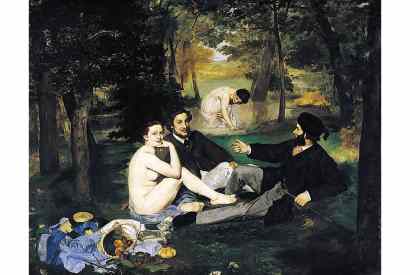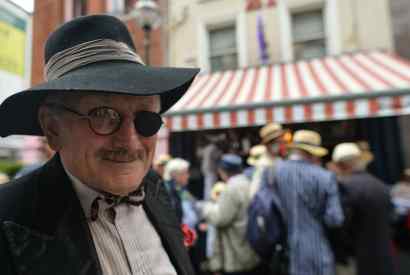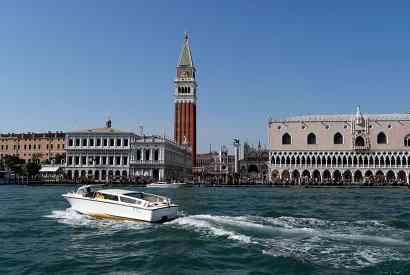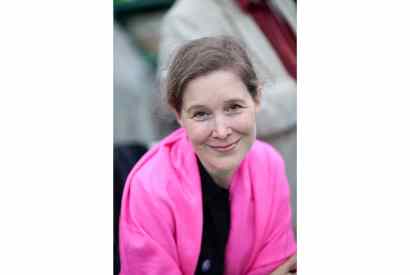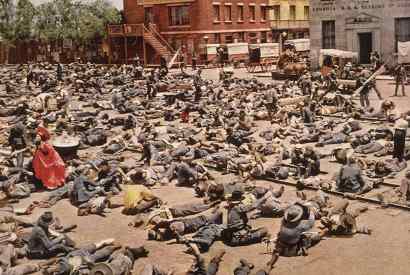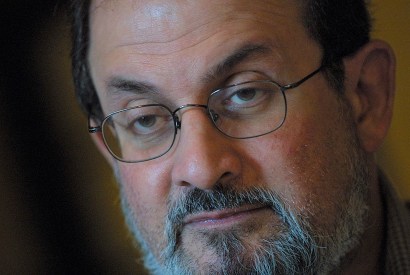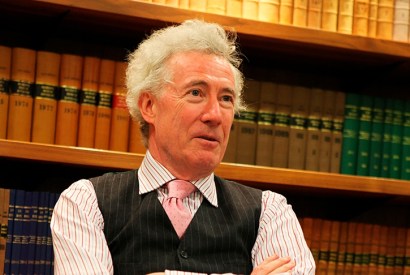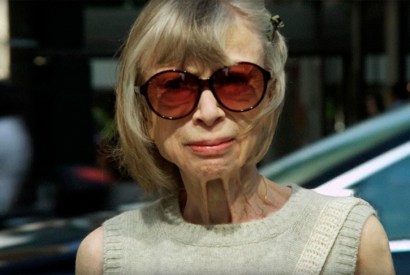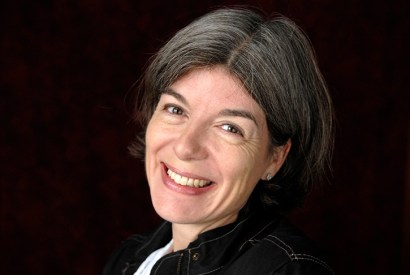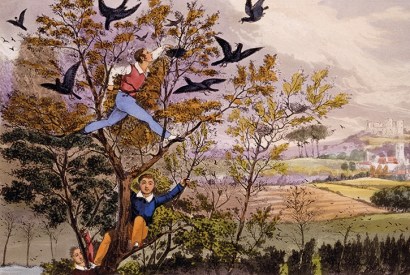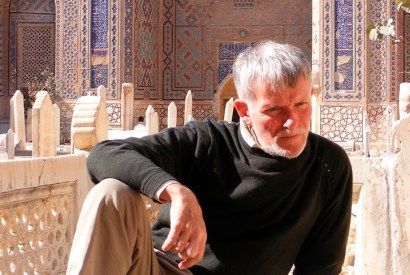Essays
Notes on the natural world: an exquisite collection from Kathleen Jamie
In short essays and poems, the Scottish makar explores our connections with nature, always mindful of the insignificance of human time compared to the deep time of stones
Reading pulp fiction taught me how to write, said S.J. Perelman
The great humourist ascribes his success to the hours he spent deep in the adventures of Tarzan and Fu Manchu – and watching lurid B movies in afternoon cinemas
What became of Thomas Becket’s bones?
Alice Roberts’s examinations of violent deaths in the past take her to the site of Becket’s murder in Canterbury cathedral and the later destruction of his shrine by Henry VIII
Flaubert, snow, poverty, rhythm … the random musings of Anne Carson
It is thrillingly difficult to keep one’s balance in Carson’s topsy-turvy world as she meditates on a wide range of subjects in poetry, pictures and prose
Artistic achievements that changed the world
‘Astonish me!’ was the celebrated demand that the impresario Sergei Diaghilev made of Jean Cocteau when he was devising Erik…
At last, a book about James Joyce that makes you laugh
I do not think I am alone in confessing that I had read critical works on James Joyce before I…
Michel Houellebecq may be honoured by the French establishment, but he’s no fan of Europe
For many years, Michel Houellebecq was patronised by the French literary establishment as an upstart, what with his background in…
Jan Morris’s last book is a vade mecum to treasure
Jan Morris, in all her incarnations, was always able to evoke a place and a moment like no other. As…
Compassion and a gift for friendship are touchingly evident in Ann Patchett’s These Precious Days
It has to be one of the most extraordinary stories of lockdown — how Tom Hanks’s assistant Sooki Raphael, undergoing…
Don’t ask a historian what history is
E.H. Carr’s 1961 book What is History? has cast a long shadow over the discipline. I recall being assigned to…
Lucy Ellmann is angry about everything, especially men
Is Lucy Ellmann serious? On the one hand, yes, very. The novel she published before this collection of essays was…
The AI future looks positively rosy
In the future, men enjoying illicit private pleasures with their intelligent sexbots might be surprised to find that even women…
As circus gets serious, is all the fun of the fair lost?
What’s so serious about a red nose? How should we analyse the ‘specific socio-historical relations’ and ‘aesthetic trends particular to…
Richard Dawkins delights in his own invective
The late Derek Ratcliffe, arguably Britain’s greatest naturalist since Charles Darwin, once explained how he cultivated a technique for finding…
Salman Rushdie’s self-importance is entirely forgivable
I have the habit, when reading a collection of essays, of not reading them in order. I’m pretty sure I’m…
Despotic laws can — even should — be ignored, says Jonathan Sumption
Jonathan Sumption has developed ‘many strange habits over the years’, he tells us disarmingly, and one of these is to…
Joan Didion’s needle-sharp eye never fails
Most collections of journalism are bad. There are two reasons for this: one is that they are usually incoherent and…
Claire Messud helps us see the familiar with new eyes
The title of this collection of journalism is a problem. Not the Kant’s Little Prussian Head bit, which, though opaque,…
Things mankind was not supposed to know — the dark side of science
One day someone is going to have to write the definitive study of Wikipedia’s influence on letters. What, after all,…
Helen Macdonald could charm the birds out of the trees
When Helen Macdonald was a child, she had a way of calming herself during moments of stress: closing her eyes,…
The pleasures — and trials — of knowing Bruce Wannell
Bruce Wannell was by some way one of the most charismatic travellers I have ever met. Despite his almost complete…
Lydia Davis, like an inspirational teacher, tempts her readers into more reading
A good indicator of just how interesting and alluring Lydia Davis’s Essays proved might be my recent credit card statement.…




